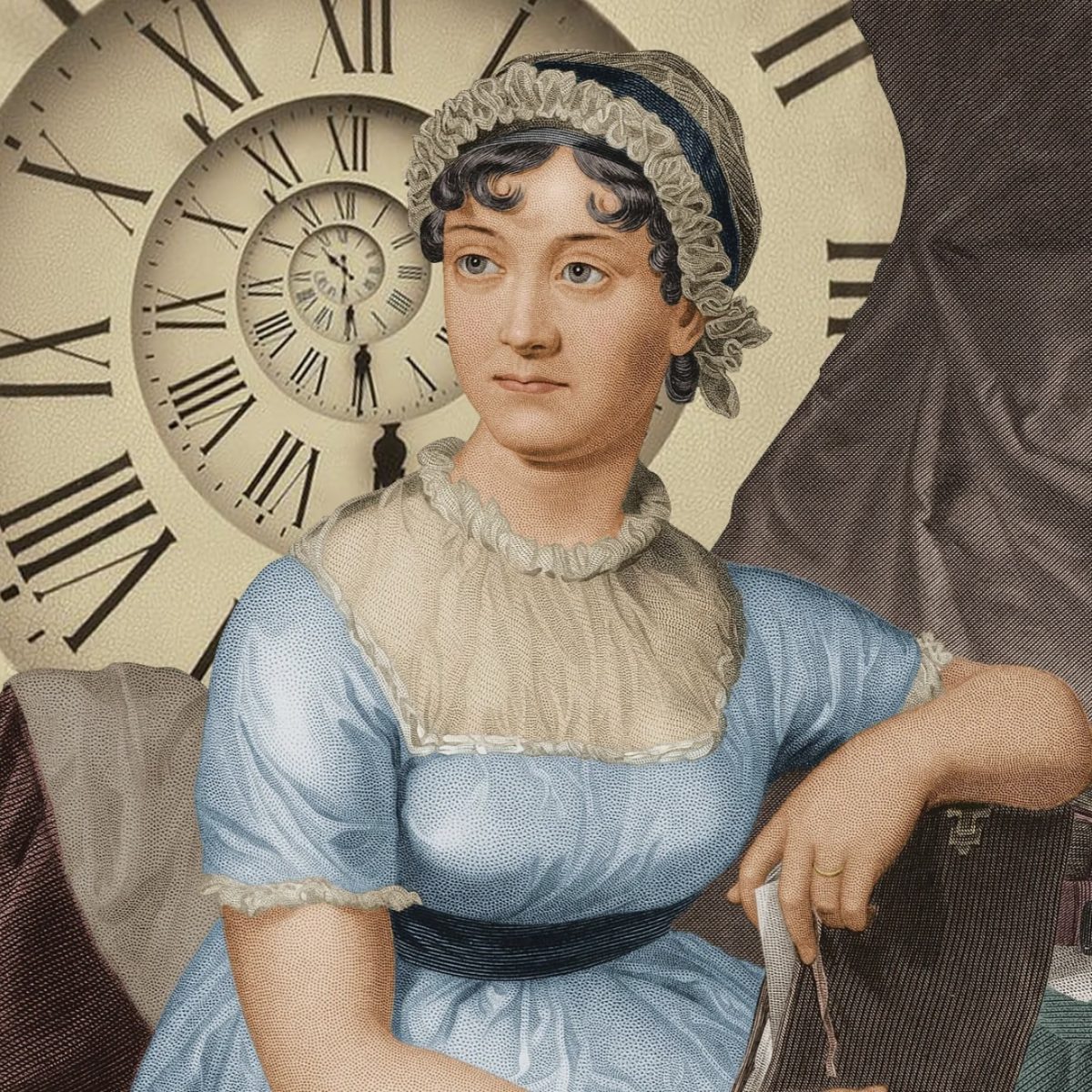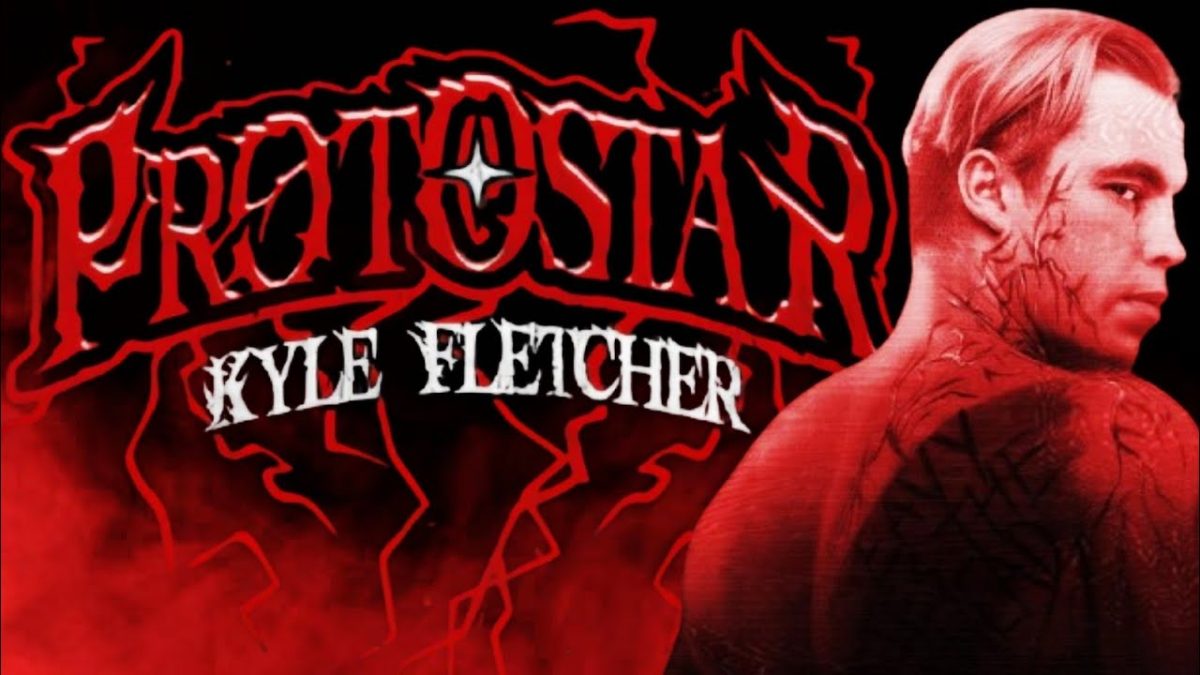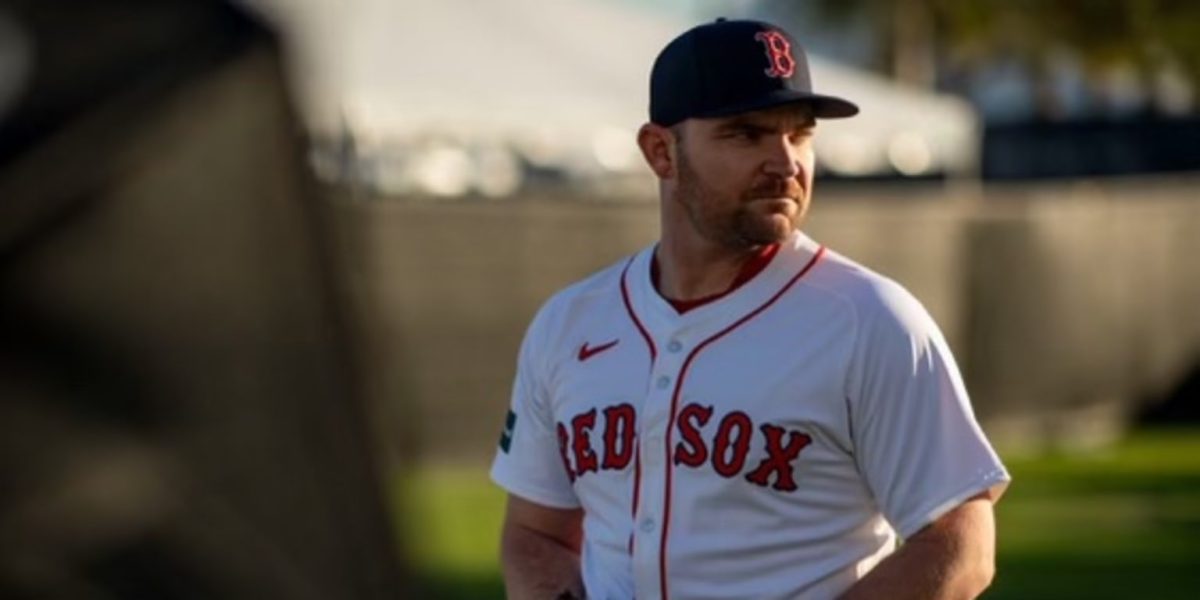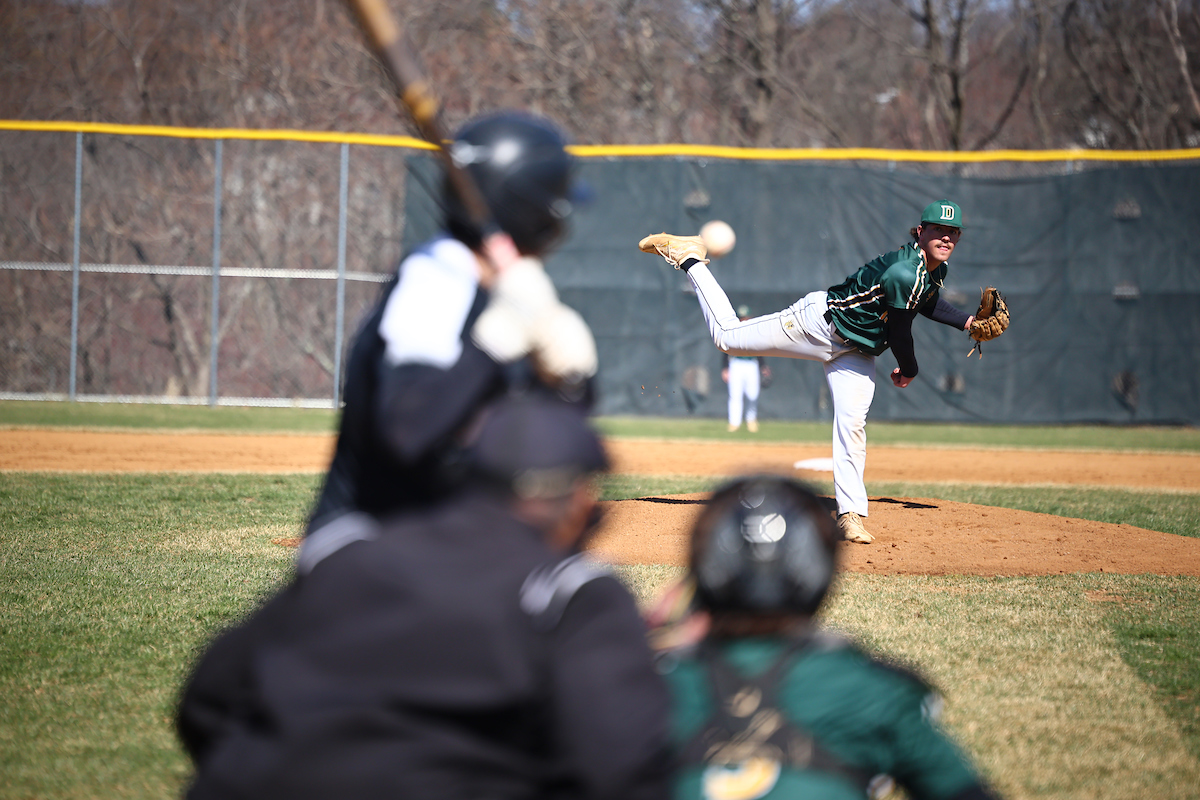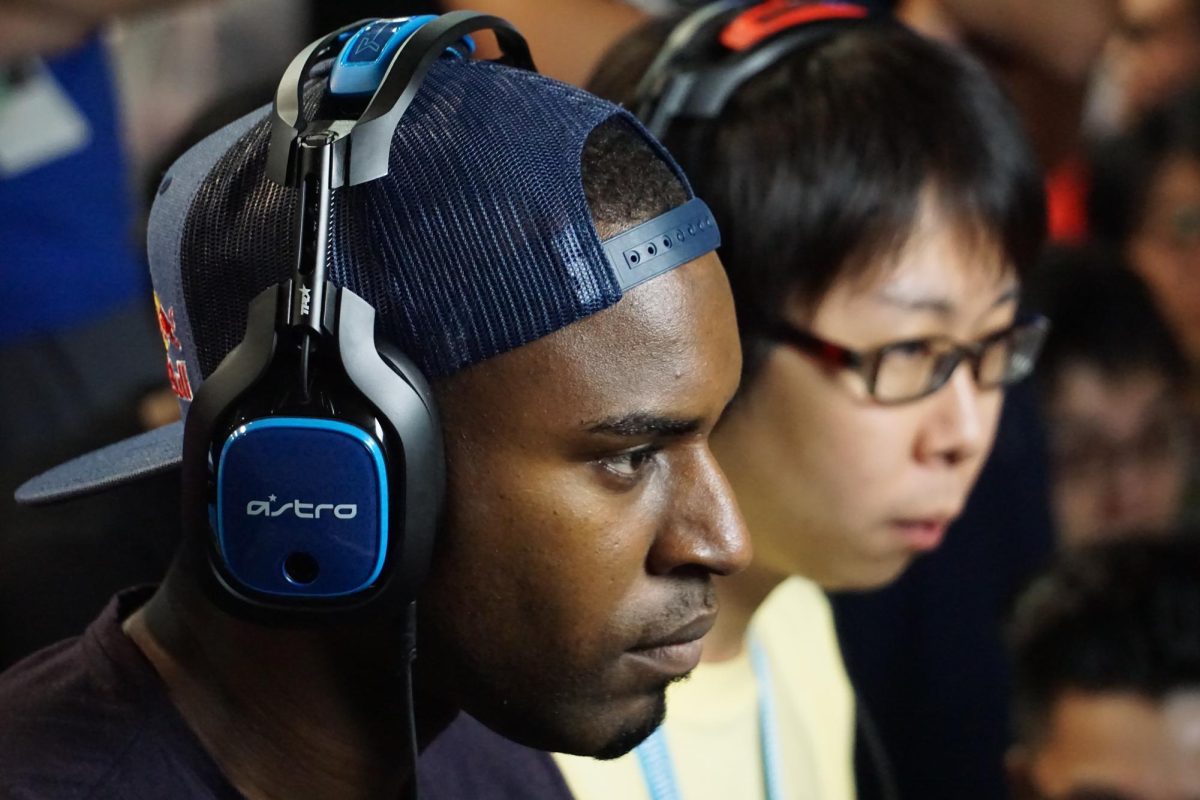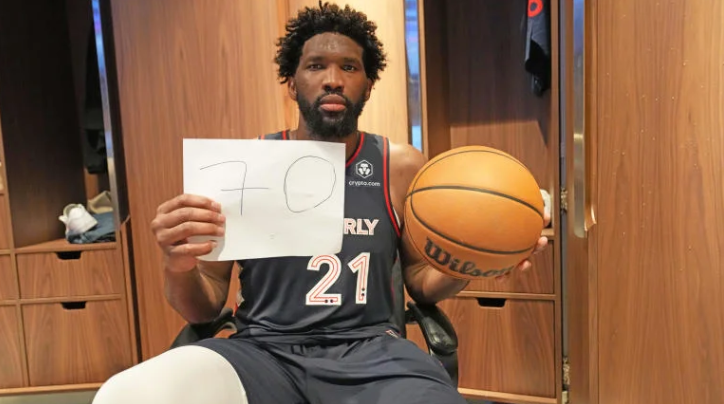On January 22, 2006, five-year veteran and 2001 All-Rookie team member Mo Peterson prepared for his highly anticipated matchup against Kobe Bryant and the eventual third-seeded Los Angeles Lakers. This anticipation derived from the stellar season Bryant had been constructing, and the infamous reputation Peterson had as “The Kobe Stopper.” At a time where no one could truly stop the three-time champion and six-time all-star, Peterson was supposedly the guy who came the closest.
Kobe Bryant proceeded to score 81 points on the Raptors in a 122-104 win.
How did the league respond to this historic performance? By mercilessly blaming and teasing Jalen Rose for “getting 81 dropped on his head” for the next decade and a half despite only being responsible for 21 of Bryant’s points that night.
Bryant only scored two points on the fastbreak, two more against Raptors’ guard Jose Calderon, three against Pape Sow, six against Matt Bonner, and eight a piece on Joey Graham and Eric Williams. So, who was responsible for the remaining 25? Mo “The Kobe Stopper” Peterson, who’s gone widely unrecognized for being the true malefactor for the 81-point game.
“Wemby got a 70-piece dropped on him.”
“Wemby had his “welcome to the league” moment.”
“Embiid didn’t drop 70 on Chet, that’s all I’m saying.”
These are some of the top comments made by fans on the NBA’s posts regarding Joel Embiid’s historical 70-point performance against the Spurs, as well as their updates on the KIA Rookie of The Year ladder. Embiid’s masterclass performance has fans questioning and blundering Victor Wembanyama’s front-running campaign for ROTY. This guy’s leading the league in blocks and is constantly receiving praise for his defensive capabilities, how did he get 70 dropped on him?
He didn’t.
Generally speaking, references to Joel Embiid’s free throw numbers are made in an attempt to undermine his greatness as a player– something we’re not trying to do– but, they play a key factor in determining the “culprit” behind his 70-point game. Embiid made 21 of his 23 free throw attempts, giving him 49 points off of field goals. Two of those points were scored on Keldon Johnson, Doug McDermott, and Julian Champagnie, six were scored on Jeremy Sochan, and 18 on Wembanyama. Getting tossed around the paint and having mid-range jumpers shot over your head is brutal enough; getting scapegoated for the 11th (at the time) highest scoring game in history is just an insult to injury, especially considering the fact that 19 of Embiid’s points were scored directly on Zach Collins.
Why do we do this? Sensationalism and Narratives. Referring back to Bryant’s 81 point game, the Raptors didn’t have too many notable players. They had a young Chris Bosh and prime Mo Peterson, but neither of the two were as established into the NBA hemisphere as Jalen Rose. Rose was 33 and coming off of the most successful seasons of his eventual 13-year NBA career.
What sounds more entertaining for someone to read an article about or tune into a sports program for, Bryant scoring 81 on some decent role players and 21-year-old, or against a distinguished borderline all-star who averaged over 20 points per game the two seasons prior?
“Kobe Bryant scores 81 against the Toronto Raptors” is underwhelming as well, especially taking their eventual 27-55 record into account. Someone needs to be to blame, someone distinguished and “important” at that, even if it wasn’t necessarily that player’s fault.
Going back to Joel Embiid’s 70-point game. Writers and fans had a field day pinning Embiid’s historical night on Wembanyama. They play similar positions and Wembanyama’s garnered the most attention of any rookie in recent history. Surely a lot of fans could identify Zach Collins and Jeremy Sochan, but pointing the finger at Wembanyama makes for a more interesting and daresay sensational headline.







